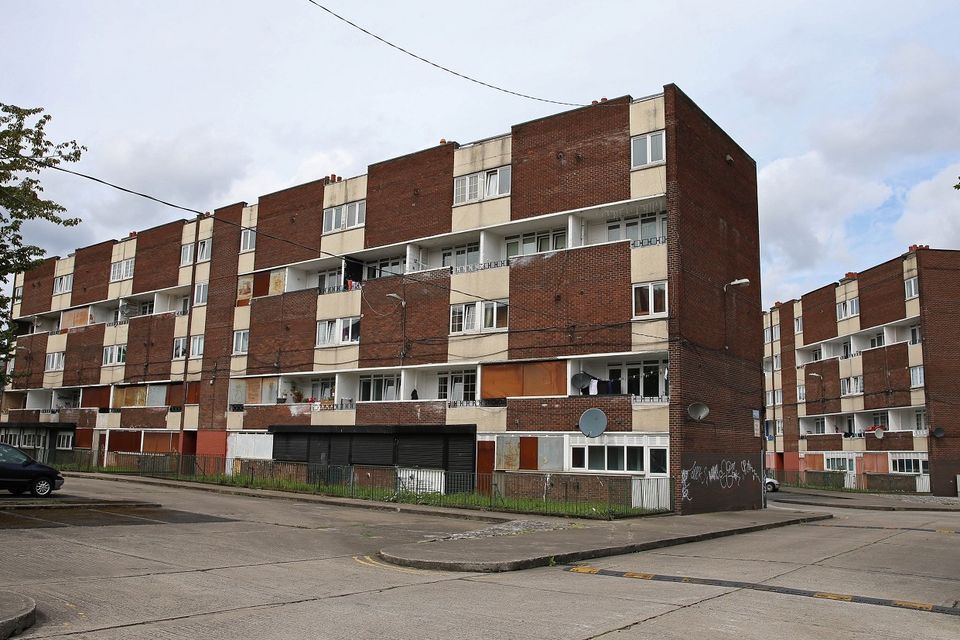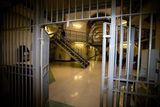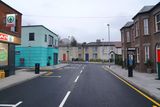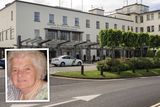Fewer than half the homes offered by Nama for social housing accepted
Fr Peter McVerry said the crisis will be an election issue unless Taoiseach Enda Kenny takes control
Fewer than half the 6,500 homes or apartments offered by the State's bad-bank for social housing have been accepted.
The National Assets Management Agency (Nama) said only a third of the properties it proposed to local authorities in Dublin were deemed suitable or in the right locations.
Fr Peter McVerry said the crisis will be an election issue unless Taoiseach Enda Kenny takes control.
"There are all these actors - Nama, the departments of finance, social protection, environment, NGOs - who have key roles to play and the only way they will come together is if the Taoiseach gets them and knocks heads," the homeless campaigner said.
Nama said of the 6,569 properties it has offered to let, upgrade and lease to councils to help tackle the homeless and housing crisis only 2,500 have been deemed suitable.
Some 828 were proposed to Dublin City Council with only 399 accepted.
Another 581 were offered to South Dublin County Council but only 121 were deemed suitable; 321 were suggested to Dun Laoghaire-Rathdown and only 132 were taken up; while 270 were suggested to Fingal and only 105 were accepted, Nama said.
Fr McVerry called on the Taoiseach to take responsibility for the housing and homeless crisis by ordering ministers and department and council chiefs to round table discussions to resolve the shortages.
Fr McVerry added: "It baffles me that if an apartment was suitable that was appropriate and that was offered, that it was turned down for no reason.
"I can't believe the local authorities that are so hard pressed, that they would do that. I have to assume in good faith they have reasons for rejecting."
The figures for rejections for Nama properties were released by Nama at the Public Accounts Committee.
Labour TD Robert Dowds said the disclosure that the acceptance rate was as low as 21% was startling.
"This revelation is shocking considering the current housing crisis we see ourselves currently in. These units could have dramatically helped in housing the homeless and those who have been forced out of their homes due to rent hikes," he said.
"The Dublin councils in particular must come forward and explain why these houses and apartments were not utilised in the midst of this crisis."
The rejection rate for Nama-controlled properties was first disclosed two years ago when 2,000 were deemed unsuitable.
Explanations for this range from the demand for one bedroom apartments, inappropriate locations, oversupply in some areas, a lack of public transport or the standard one-in-five rule for social housing in private estates.
Bad-bank Nama has since gone on to sell huge landbanks ready for new homes around the country.
In the last 18 months enough sites for 11,000 houses have been sold on but only 900 homes have been built, Nama told the committee.
The Department of the Environment said houses were rejected because of sustainable planning and policy issues or because they were located in areas with no social housing demand.
It also noted that 1,565 units originally identified by Nama for social housing subsequently became unavailable.
Officials are reviewing other properties which were previously deemed unsuitable to meet the demand on ever-increasing council housing lists.
The department also said there is evidence to suggest new owners are "ramping up activity" by making planning applications and beginning ground work on land banks which have been sold by Nama.
Join the Irish Independent WhatsApp channel
Stay up to date with all the latest news















